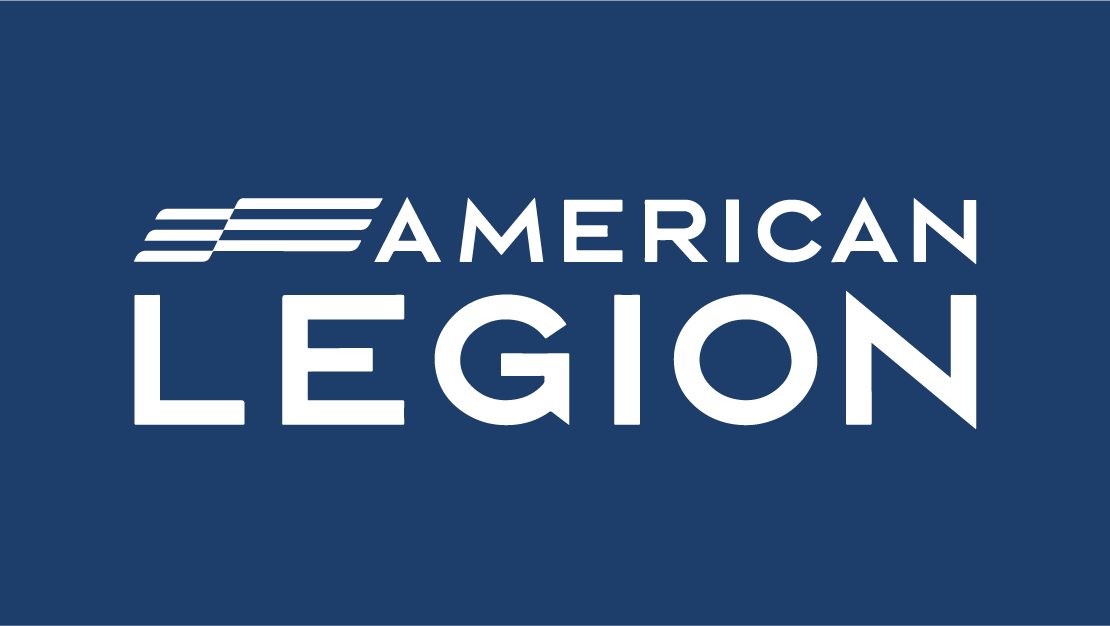It isn’t member poaching; it’s disrespect

Some American Legion posts and districts have recently grappled with concerns over “member poaching” between posts and districts. However, this perspective overlooks a fundamental truth: Members cannot be “poached” if their current environment provides respect, opportunity and inclusivity.
At its core, The American Legion thrives on the diverse experiences and dedication of its members. Yet, in some posts, a culture has developed that alienates newer or younger veterans, hindering the organization’s growth and relevance. The notion of “poaching” deflects attention from these internal challenges that prompt members to seek more welcoming environments elsewhere.
One prevalent issue is the perception that younger members or recent joiners are “too young” or inexperienced to hold positions of importance. This ageist attitude not only disregards the valuable skills and fresh perspectives these veterans bring but also contradicts the Legion’s mission of serving all generations of veterans.

Moreover, many posts struggle with longstanding leadership resistant to change. Some members who have held positions for years refuse to step aside or mentor potential successors. This creates a stagnant environment where ambitious and capable members see no path for advancement or meaningful contribution.
The reality is that members who feel valued, respected and see opportunities for growth within their current post are unlikely to be lured away. When veterans choose to transfer to another post, it’s often a reflection of seeking an environment that aligns with their expectations of respect, inclusion and opportunity for service.
Posts that successfully retain and attract members typically exhibit the following characteristics:
- Inclusive culture that values all members, regardless of age or length of service.
- Clear pathways for advancement and leadership development.
- Active mentorship programs pairing experienced members with newcomers.
- Openness to new ideas and adaptability to changing veteran needs.
- Regular rotation of leadership positions to bring in fresh perspectives.
To address these issues, Legion leadership at all levels should consider:
- Creating formal mentorship programs to develop future leaders.
- Establishing committees that give voice to newer and younger members.
- Regularly assessing post culture and practices to ensure inclusivity.
- Providing leadership training and development opportunities for all members.
In conclusion, the concept of “member poaching” in The American Legion is a mischaracterization of a deeper organizational challenge. Members who feel respected, valued, and see opportunities for growth within their posts are naturally inclined to stay.
By fostering environments that embrace all members and provide clear paths for advancement, posts can not only retain their current membership but also attract new veterans eager to serve.
The future of The American Legion depends on its ability to adapt and remain relevant to all generations of veterans. By addressing these internal challenges head-on, the Legion can ensure its continued vitality and effectiveness in serving America’s veterans for years to come.
Michael Ash of St. Paul Christie-DeParcq Post 406 is a past Department of Minnesota commander.


